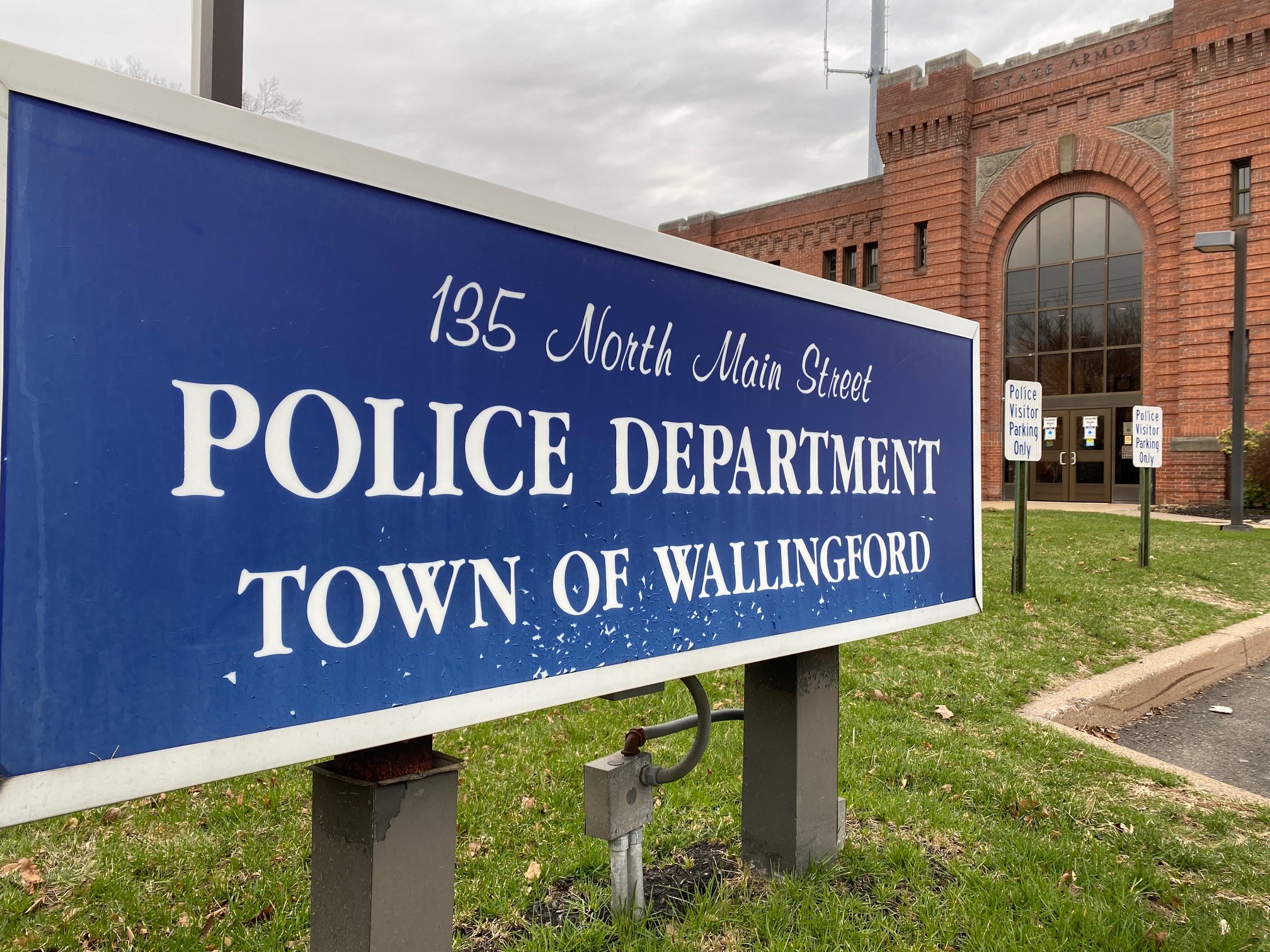Masks have been a polarizing necessity during the pandemic and while mandates have changed, health experts say they’re here to stay.
If you’re going to wear one, you’ve got to do it right to stay safe. When worn properly, masks can help stop the spread of COVID-19, but medical advice for what masks we should wear has changed over time. Have you kept up with the changes?
The CDC updated the safest masks the public could wear last month. On its website, it says well-fitting NIOSH approved respirators, like N95s, top the list. NIOSH stands for the National institute for Occupational Safety and Health, the federal agency which regulates N95s, making sure these masks meet certain safety standards. It says KN95s offer more protection than “layered finely woven products.” The CDC says surgical masks can provide protection equivalent to KN95s, if they have a tight fit. Lastly, it says loosely woven cloth products provide the least protection.
“You're spending your hard-earned money and you deserve to be protected,” said Anne Miller, the executive director of ProjectN95, a nonprofit that vets the masks they sell on their website. Miller says they do the hard homework to help consumers and have seen their fair share of counterfeit masks throughout the pandemic. “In the time that I've been doing this for 22 months, I've actually seen more fake paperwork than real paperwork.”
Get Connecticut local news, weather forecasts and entertainment stories to your inbox. Sign up for NBC Connecticut newsletters.
PROJECT N95 PURCHASING DOS AND DON'TS:
N95
- HEAD STRAPS:
- Miller says N95s always have head straps, except for one version that’s strapless.
- “If you have something that you think is an N95, but it has ear loops, it is not an N95. I have reported companies to NIOSH for this violation. So, it's crazy.”
- NIOSH APPROVAL:
- “Every N95 is registered with the government. there is a number on the face of the mask that says ‘TC-84,’ and then another series of numbers. If that number isn't on your mask, then that is not a legitimate N95.”
- You can personally verify that number on the CDC website.
- NOT FOR KIDS:
- If you see something advertised as a N95 for kids, Miller says beware: the government doesn’t regulate kids masks.
NIOSH also doesn’t regulate KN95S which are second on the CDC’s list of most effective masks.
Local
But the CDC says about 60 percent of KN95s that “NIOSH evaluated in 2020 and 2021 did not meet the requirements they were intended to meet.”
KN95
- EAR LOOPS
- CHECK LABELING
- Project N95 says the key to avoiding a fake is to keep an eye out for what’s printed on the front.
- “So it doesn't just say KN95, which is what I see on most of them. It needs to say KN95 and the standard which would either BGB 2626 -2006 or -2019, so it has to have that printed on there. It should have the manufacturer name or the product name printed on that mask as well."
“If they’re not doing the standards for labeling, what else are they skimping on?” said Aaron Collins, a self-described “Mask Nerd.” He’s gone viral on social media for testing which masks are best protect people from COVID-19. “If you’re going to wear a mask, why not pick the one that’s more comfortable and provides significant mask protection for others and you?”
NBC Connecticut’s Investigates Consumer Team ordered boxes and boxes of masks online from companies we believed were promising NIOSH approved N95 masks.
One purchase flew by our radar: an NF95. Don’t let all those letters confuse you. The company says the “NF” stands for “nanofiber.” It is not NIOSH certified. So, when buying online, make sure to check the fine print.
But whatever the quality, if you don’t care for your masks, they won’t care for you.
- Check the expiration date on the packaging.
- One box we just bought expires in a couple of months.
- Don't overwear them.
- Cloth masks should be washed after a day’s wear.
- Disposable masks thrown away after one wear.
- Project N95 does not recommend re-wearing KN95s either.
- As for N95s, the nonprofit says think 40 hours of wear or 5 workdays before you trash them.
MASK SUPPLY
Miller say masks are like band aids, a safety supply we’ll always want to have on hand from now on. Thankfully she says the supply has increased and prices have dropped. And for those who still can’t afford them, Project N95 hopes to help.
A Connecticut ticket company, TicketNetwork, pivoted to be a PPE wholesaler in the spring of 2020 near the start of the pandemic, creating a company called CT Biotech. Today, boxes and boxes of masks stack up in their storage. This is different sight from when we stopped in two years ago when medical grade masks and PPE were hard to come by, even for healthcare workers. N95 supply was so low, CT Biotech partnered with UConn to make mask frames, a makeshift solution to keep health care workers safe during the height of the pandemic.
The company’s ticket employees have shifted gears too and are now filling mask orders. Like Project N95, CT Biotech says when looking to buy new masks make sure to do you research. “You want to protect yourself and you want to protect your family, so I do recommend that you make sure that you’re purchasing from real websites you’re familiar with, not just getting anywhere,” said CT Biotech Communications Director Bruce V. Morris.



